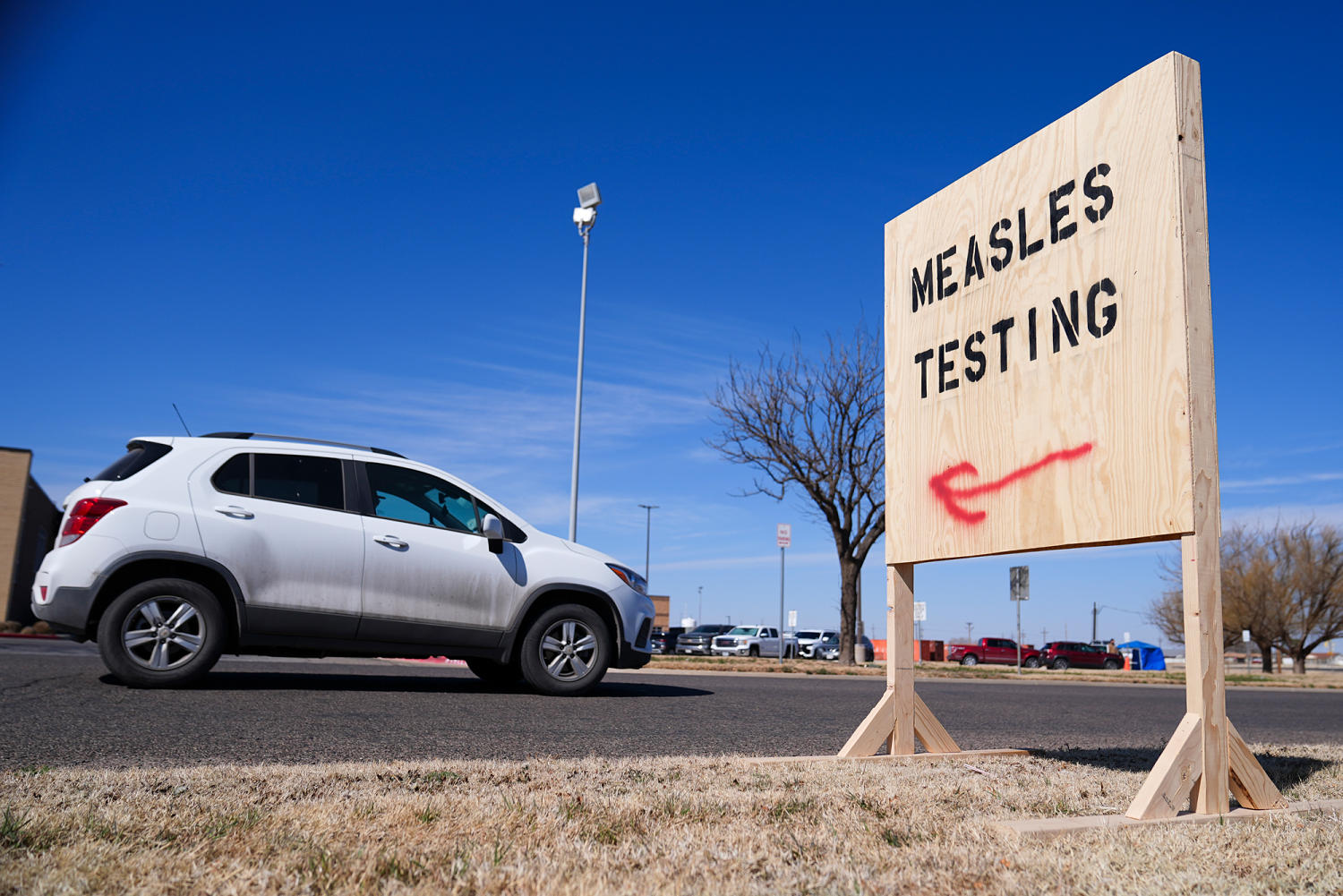Food Standards Scotland (FSS) is to develop guidance for sellers of food on social media after a survey found buying products in this way was more common than predicted. Research focused on ready-to-eat (RTE) food sold on Facebook Marketplace in Scotland. A total of 476 advertisements were included in the… Continue Reading Government Agencies, World, Facebook, Food Standards Scotland (FSS), guidance, Local Authority (LA), online food sales Food Safety News
Food Standards Scotland (FSS) is to develop guidance for sellers of food on social media after a survey found buying products in this way was more common than predicted.
Research focused on ready-to-eat (RTE) food sold on Facebook Marketplace in Scotland. A total of 476 advertisements were included in the analysis.
Bakery and confectionery items accounted for almost two-thirds of the RTE foods sold while 12 percent were takeaway meals collected or delivered hot.
High-risk items like smoked fish, sushi, cured meat, and sprouted seeds only accounted for a small percentage of listings. Many ads didn’t include information such as an ingredient or allergen list.
Public health risk
Local authority officers have expressed concern that unregistered sellers are producing microgreens potentially without knowing the microbiological risks of these products, and that this may be an increasing market for home producers because of possible import delays following EU exit.
An online survey of 1,063 people in late 2023 found 21 percent of respondents had bought food from social media. This was from a range of platforms, such as Facebook Marketplace, Instagram, and X (formerly Twitter). Participants had a range of motivations for buying food this way with the main ones being to support a local business and convenience.
If the 21 percent result is extrapolated to the Scottish population, it suggests around 1 million people may have purchased food from social media, meaning this type of selling is more common than expected, and could represent a risk to public health if unregistered sellers without knowledge of food safety and hygiene are in operation, said Food Standards Scotland.
In later research, 500 respondents who bought food through an online platform at least every three months were asked about their willingness to purchase foods on Facebook Marketplace. Willingness depended on the food type.
For more than half of people surveyed, food safety was “considered highly” when purchasing food. Those who had bought food over social media were just as likely to consider food safety highly compared to those who hadn’t.
Lack of information
Only four ads declared the presence or potential presence of allergens in a product. Six asked to be notified of any allergies when ordering, mentioned that food was prepared in a kitchen handling allergens, or said they have an allergen awareness certificate.
Only nine of 476 ads stated the seller was registered. However, it was likely more businesses were actually registered but didn’t mention it in the ad.
Food Standards Scotland plans to develop guidance for small-scale sellers on social media to ensure they are aware of which activities require registration as a food business operator, and the obligations on producing food for sale.
A survey on the microbiological quality of food sold on social media or allergen testing was suggested as it would lead to a better understanding of the risk of products on such platforms.
Dr. Karen Pearson, senior scientific advisor at FSS, said the research has provided a baseline to help understand the variety and scale of this method of selling in Scotland.
“This convenience, however, might come with risks and it is essential that both buyers and sellers understand the nature of these types of foods so they can make informed choices. Sellers may not have the knowledge to produce safe food, particularly if they are producing higher risk foods,” she said.
(To sign up for a free subscription to Food Safety News, click here.)









